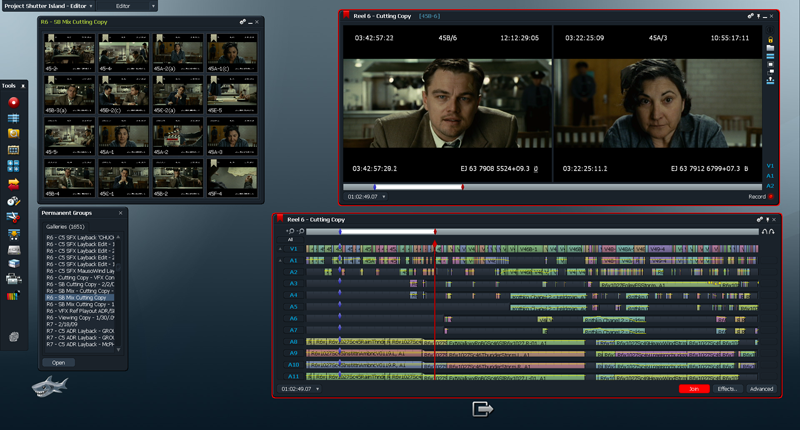With over 121 million active telephone subscribers, Nigeria’s tele-density has increased to 86.62 percent up from 114.76 million in 2011 and 95.9 million in 2010, said Nigeria’s Information and Communications Technology Minister, Omobola Johnson.
She also disclosed that as at June 2012, Nigeria was home to 48.4 million internet users up from 45 million at the end of 2011. The 2012 figure represents 28 percent internet penetration and 29 percent of total internet users in Africa, making Nigeria the largest internet market in Africa by volume, citing statistics from International Telecommunications Union (ITU).
Johnson made this known while delivering a keynote address at the ongoing third regular meeting of the National Council on Communication Technology in Yenagoa, Bayelsa State.
Speaking further, she said “The ICT sector now contributes 10.44 percent to GDP as at 2013 and quite importantly is 19 percent of the Services Sector which with the rebasing now contributes 54 percent to GDP. In other words the ICT sector is even more strategic to national development than we had originally thought. It is therefore imperative that this Council, which is the highest policy advisory forum of the ICT Sector forges the integrated and coordinated development of the sector to not only sustain but to surpass these impressive statistics.”
Johnson further said that the concerted efforts must be made by all stakeholders to exploit the inestimable potential in ICT sector and enhance its capacity as employer of labour especially among the youths.
“A laser like focus on implementation by all stakeholders will ensure that ICTs continue to facilitate and support the much needed growth and diversification of our economy. ICT infrastructure must be built quickly and cost effectively all across the country, human capital that will take advantage of this infrastructure must be nurtured and developed and products and services that engender the rapid penetration and diffusion of ICTs must be deployed at the national, state and local government level. These actions will lead to the creation of much needed jobs not only in the ICT sector but in sectors that ICTs enables as well – financial services, health, education, agriculture to name a few,” Johnson said.
She explained that the top priority and focus areas of the Ministry of Communication Technology is to connect Nigeria with a focus on building ICT infrastructure as well as connect Nigerians through cost effective access to the infrastructure by all Nigerians regardless of socio economic status. She said the overall objection is to leverage ICTs to improve public sector productivity, efficiency and governance and Local Content Development and increase the domestic value added of the ICT sector.
Nigeria, she noted, has made appreciable progress on these priority areas as indicated by the increase in tele-density.
She further hinted that Nigeria’s software development industry is gaining recognition both continentally and globally, citing the hosting of the Demo Africa as an indication of the progress.
“Next week Nigeria will host Demo Africa, the largest meeting of software developers and investors in the software industry. Apart from the fact that this is the first time that DEMO Africa is being hosted outside Nairobi, Kenya, fourteen of the 40 African start ups that will be pitching their software apps at this event have come from incubation hubs in Nigeria,” she said.
Speaking further on the strides of the authorities in the ICT sector, she said: “In the area of ICT in government, in the most recent ranking of countries in the UN egovernment index, Nigeria moved up 21 places to number 141 and improved her e-participation scores by 22 points.
“This is a testimony to our hardwork but despite this impressive progress, there is still much work that needs to be done. ICTs have tremendous potential to help this nation address many of its current challenges which today include physical security, health, food security, good governance and human capacity building and take advantage of the job and wealth creation opportunities that ICTs present.”
She further said that, “Through three major policy documents – the National ICT Policy, the National Broadband Strategy and Roadmap, the Guidelines for Nigerian Content in the ICT sector and several other guidelines that we have issued for the sector, the Ministry of Communication Technology will provide the necessary leadership and rallying point for ensuring that the potential of the Nigerian ICT sector is fully harvested in support of Nigeria’s attainment of a more inclusive and sustainable development”
Johnson also emphasized the need for each state of Nigeria to develop an ICT policy that is aligned to the National ICT Policy and articulate how the state will leverage ICTs for socio-economic development.
She also called for the establishment of a Ministry of Communication Technology in each state of the Federation and ICT Secretariat in the Federal Capital Territory to facilitate the articulation and implementation of the policy.
NaijaCloud goes nationwide
According to her, “There is a need for each state of the Federation to hold Microwork/Elancing Workshops with the objective of creating awareness about the work opportunities that microworks and elancing has for youths. NaijaCloud, Nigeria’s brand of micro works/elancing initiatives was piloted in March 2013.”
She said: “About 1500 youths were trained in Lagos and Abuja and from the reports of our international partners after the training $120,000 was earned by young Nigerians that grasped this opportunity with both hands. I am happy to announce that with the support of the Rockefeller Foundation we will now be rolling out the Naijacloud in all 36 states of the federation commencing tomorrow with Bayelsa State.
“We will train ouths in each state and once training is complete we will, in collaboration with the state government, establish a monitoring framework to ascertain revenue generated and jobs created as a result of this programme.”
She said state governments should be encouraged to commence immediate implementation of NEC’s decisions to reduce multiple taxation and levies on ICT infrastructure in states, adding that they also take necessary policy action on the implementation of relevant aspects of the Nigeria’s National Broadband Plan.
Tags: Market, Nigeria’s tele-density










